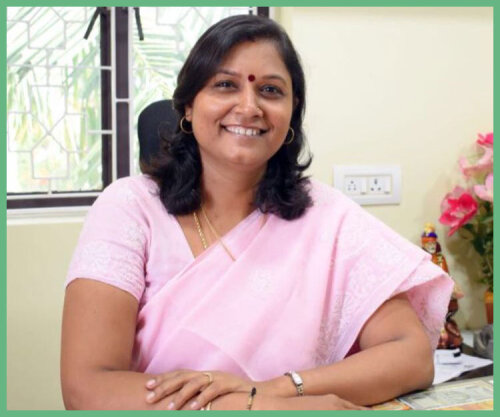Best Collaborative Law Lawyers in Chennai
Share your needs with us, get contacted by law firms.
Free. Takes 2 min.
Free Guide to Hiring a Family Lawyer
List of the best lawyers in Chennai, India
About Collaborative Law in Chennai, India
Collaborative Law is a method of alternative dispute resolution where parties work together with their lawyers to resolve their legal issues without going to court. This process encourages communication, cooperation, and negotiation to reach mutually beneficial solutions. In Chennai, India, Collaborative Law is gaining popularity as a cost-effective and efficient way to resolve disputes.
Why You May Need a Lawyer
There are several situations where you may require legal help in Collaborative Law. Some common reasons include:
- Divorce or separation proceedings
- Child custody or support matters
- Property division disputes
- Business disputes
- Estate planning and probate issues
Local Laws Overview
In Chennai, India, Collaborative Law is governed by the Indian Contract Act, 1872, and the Code of Civil Procedure, 1908. It is important to understand these laws and how they apply to your specific case when seeking legal advice in Collaborative Law.
Frequently Asked Questions
What is the difference between Collaborative Law and traditional litigation?
Collaborative Law focuses on resolving disputes amicably through negotiation, while traditional litigation involves going to court for a judge to make a decision.
Is Collaborative Law legally binding?
Yes, the outcomes of Collaborative Law agreements are legally binding once approved by the court.
How long does a Collaborative Law process typically take?
The length of time varies depending on the complexity of the case, but on average, it can take several months to reach a resolution.
Can I use Collaborative Law for any legal issue?
Collaborative Law is most commonly used for family law matters, but it can also be applied to business disputes, probate issues, and other civil disputes.
What are the benefits of Collaborative Law?
Some benefits of Collaborative Law include cost-effectiveness, privacy, flexibility, and preserving relationships.
Do both parties need to agree to Collaborative Law?
Yes, both parties must voluntarily agree to participate in Collaborative Law for it to be effective.
How do I find a Collaborative Law lawyer in Chennai?
You can search online for law firms or lawyers specializing in Collaborative Law in Chennai or ask for recommendations from friends or family.
Can I switch from Collaborative Law to traditional litigation if needed?
Yes, you have the option to switch to traditional litigation if Collaborative Law is not producing the desired results.
What happens if we cannot reach an agreement through Collaborative Law?
If an agreement cannot be reached, both parties will need to seek alternative dispute resolution or take the case to court.
Is my information confidential in Collaborative Law?
Yes, Collaborative Law agreements typically include confidentiality provisions to protect the parties' privacy.
Additional Resources
If you need more information on Collaborative Law in Chennai, you can reach out to the Chennai Bar Association or the Indian Mediation Association for guidance and support.
Next Steps
If you are considering Collaborative Law for your legal issue in Chennai, it is advisable to consult with a qualified lawyer who specializes in this area. They can provide you with personalized advice and guide you through the process to ensure a successful resolution.
Lawzana helps you find the best lawyers and law firms in Chennai through a curated and pre-screened list of qualified legal professionals. Our platform offers rankings and detailed profiles of attorneys and law firms, allowing you to compare based on practice areas, including Collaborative Law, experience, and client feedback.
Each profile includes a description of the firm's areas of practice, client reviews, team members and partners, year of establishment, spoken languages, office locations, contact information, social media presence, and any published articles or resources. Most firms on our platform speak English and are experienced in both local and international legal matters.
Get a quote from top-rated law firms in Chennai, India — quickly, securely, and without unnecessary hassle.
Disclaimer:
The information provided on this page is for general informational purposes only and does not constitute legal advice. While we strive to ensure the accuracy and relevance of the content, legal information may change over time, and interpretations of the law can vary. You should always consult with a qualified legal professional for advice specific to your situation.
We disclaim all liability for actions taken or not taken based on the content of this page. If you believe any information is incorrect or outdated, please contact us, and we will review and update it where appropriate.










